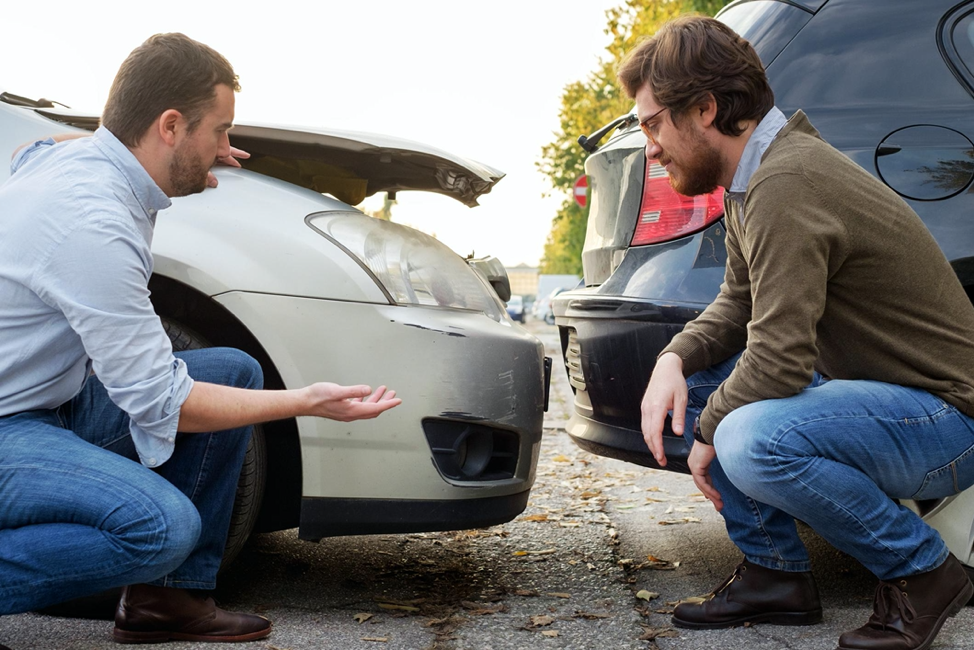Car accidents can be a confusing and traumatizing experience. This is even more so if you are a passenger in an accident. As a passenger, you were not liable for the accident. However, dealing with insurance companies and liability issues complicate your ability to act. You may have racked up expensive medical bills or lost wages during recovery. If you were a passenger in a car accident, here are a few things that you can do.
Give a Statement
Whenever there is an auto accident that causes extensive property damage or injuries, an accident report should be filed with the police, according to Gebhardt Insurance Group. Your statement gives police and insurance companies a clear picture of how the accident happened. If there are no injuries, collect evidence from the scene to support your claim.
Evidence that could be useful includes the following:
- Video or photos of the cars, road conditions, and any potential distractions
- The date, time, weather conditions, witnesses, and any additional information that you notice
- The other driver’s name, insurance information, and contact information
The more evidence that you supply, the easier it is for insurance companies and law enforcement officers to depict what happened and who is at fault. Your immediate actions after a car accident can be key to the success or failure of your insurance claim.
File a Claim
According to Insure.com, if you are a passenger in a car accident, you will need to file a claim with not only the other drivers’ insurance but also your insurance company. Why? Most car insurance policies include a Notice of Occurrence and Cooperation clause. This means that you agree to inform your insurance company whenever you are involved in an accident and cooperate with their investigation. After filing a claim with your insurer, you should contact the other driver’s insurance company. You will need the at-fault driver’s information to file a claim. A claims adjuster will then be your point of contact. Keep detailed records of any communication you have with the claim’s adjuster, including who you spoke to, the basis of the conversation, the date, and the time of the conversation. Be sure to keep a record of the claim numbers for the property damage and injury sections of your claim.
Record Medical Care
Some injuries are not always immediately apparent. Medical records provide proof that your injuries were a result of the accident. They play a critical role in recovering damages from the party who is at fault. Medical records also play a part in negotiating settlements. Your medical records give investigators, insurance companies, and lawyers a professional opinion about the cause of your injuries and treatment or treatments required for your injuries.
What If It’s a Rideshare?
Rideshare apps are a popular way to travel, but what do you do if you are a passenger involved in an accident? You will need to contact the police to make a report and take as many notes as possible. The initial steps are still the same: obtain evidence, contact information, witnesses, videos, and photos. You should also take screenshots of your ride confirmation, receipts, and other ride information. They can be used as evidence in a lawsuit. Rideshare apps allow users to report a crash in the app. A representative will record all of the relevant information and give you a receipt. Your chances of recovering damages improve when there is a record of the accident. Additionally, according to Michael Cordova Injury Attorneys, Uber has an insurance policy that will cover you if your damages exceed the limits of the driver’s policy.
Other factors to consider include state liability laws and the statute of limitations. Timely reporting and detailed records are key elements to the success of claims and lawsuits.
Here’s another interesting article: 5 Things You Didn’t Know About Driving in Idaho
